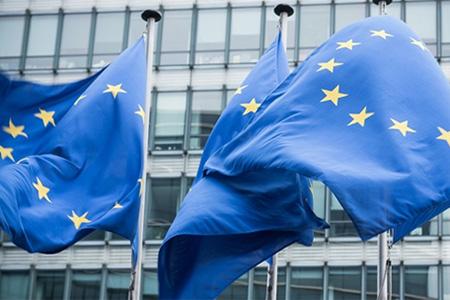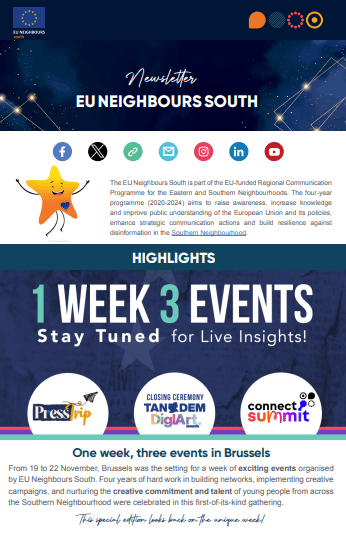
The EU fully supports UNESCO’s crucial work in the area of freedom of expression and safety of journalists, including in particular women journalists. All media workers should be able to work under safe conditions, without fear of harassment, threats and violence. Free, pluralistic and independent media are the backbone of democratic societies, and freedom of expression, both online and offline, supports the fulfilment of all other human rights.
Unfortunately, around the world, the number of journalists killed, wounded or threatened remains far too high, as is the number of journalists who are detained, imprisoned and mistreated. The EU is especially worried by the killings of Ukrainian journalists and media workers during Russia’s war of aggression as well as their colleagues in the Middle East and other countries experiencing wars and conflicts. We also deplore ongoing repressions against journalists in Belarus and arrests of journalists covering peaceful demonstrations in member states of the Council of Europe.
UNESCO data on the safety of journalists and the issue of impunity are vital for advancing media freedom, including in the follow up of the UN Pact for the Future, which calls for enhanced efforts to protect journalists in situations of armed conflict as well as to promote diverse and resilient information ecosystems. To this end, the EU is also committed to countering foreign information manipulation and strengthening information integrity, including the right to access relevant, reliable and accurate information, especially in light of the rapid deployment of new and emerging technologies such as artificial intelligence. This year’s World Press Freedom Day Conference, organized in Brussels on 7 May in cooperation with Belgium and EU institutions, will be an important opportunity to discuss these challenges, including the impact of AI on journalism and media freedom.





